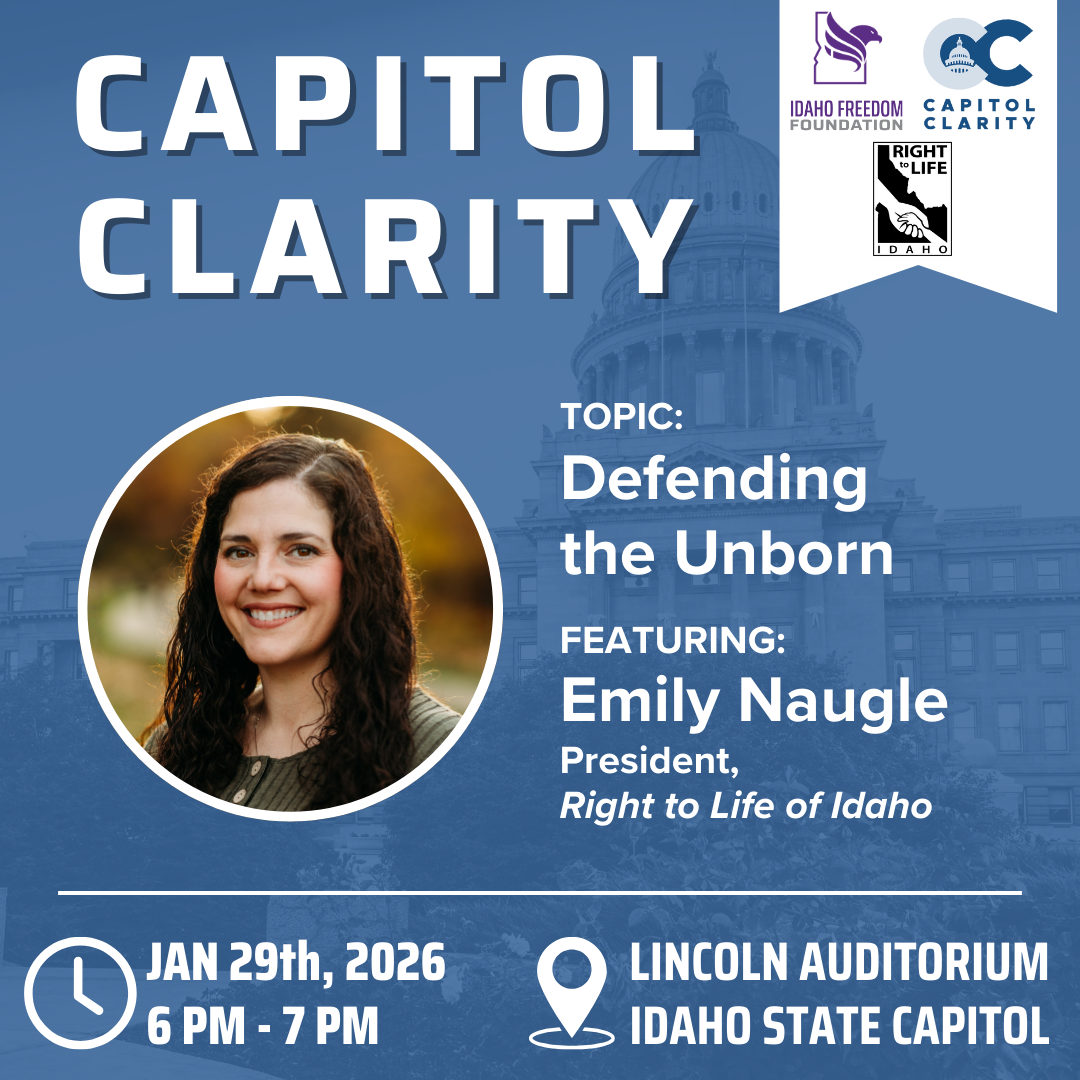
Ride-sharing service Uber is standing tall against Boise’s efforts to shut down the company’s operations in Idaho’s capital.
Slapped with a cease-and-desist letter on New Year’s Eve, Uber continued shuttling customers around the Boise area. IdahoReporter.com checked the Uber app Friday, the digital tool for requesting a ride, and found a message encouraging customers to “ride on.”
Uber spokesman Michael Amodeo released to IdahoReporter.com this comment on the situation:
In a matter of months, thousands of Boiseans have embraced Uber as a safe, reliable option to move around town and make a living. We look forward to continuing to connect Boiseans to the people and places they love as we work with City Officials to craft regulations that embrace choice, competition and innovation.
Amodeo ignored a number of questions from IdahoReporter.com, including a query about why the company started charging riders for service last week. Uber agreed not to charge riders until it and the city could agree on regulations.
Boise spokesman Mike Journee told IdahoReporter.com the company may face legal action from the city. “To ensure safety and service standards our residents deserve in their public transportation providers, some type of legal action is likely if Uber, as a company, continues to charge a fee for service without a business license,” Journee wrote in an email.
Boise and Uber have discussed regulations since the company started offering rides in October 2014. Boise officials want the company to follow the same rules as taxi cabs, a heavily regulated industry. The rules include background checks for drivers, as well as regular vehicle inspections and other measures.
Uber maintains it’s not a taxi company because it doesn’t employ drivers or maintain taxi cabs; the company simply connects riders and willing drivers through a digital phone app.
Battles like this are not uncommon for the innovative ride-sharing service. Across the country, metropolitan cities have sought to bring Uber drivers under taxi regulations, and the company has succeeded in fighting off the rules in some areas.
In Philadelphia, though, city officials seized and impounded five UberX cars.
One city councilor urged patience in the situation when asked.
“We will get a system that works for everyone this year,” wrote Councilor Tj Thomson on Twitter. “Need to let this all play out before commenting. I want to see a system that works for everyone. Give it time.”
Journee blamed the company for hurting its own workers by not playing along with the city. “It’s very unfortunate, especially for the Uber drivers trying to make a living, that this company has put its profit over ensuring the safety of its customers, meeting Boise’s standards for its public transportation network and securing a stable work environment for its drivers.”
But Wayne Hoffman, president of the Idaho Freedom Foundation, said it’s city officials, not Uber itself, hurting workers.
“The move will hurt Uber drivers who are merely trying to earn a living by offering safe, efficient, low-cost transportation to people who need it,” Hoffman said. “Denying people a means of income and a choice of transportation seems a rather poor way to start 2015."
Boise’s move will not only hurt drivers but also riders, say Adam Thierer and Christopher Koopman, researchers for George Mason University’s Mercatus Center. “Instead, as new technology or competition strips away the need for some regulations, we should be questioning the rules, not the innovation,” the duo wrote just days ago. “Bending the world to fit a regulator’s worldview is simply bad policy and does nothing to help consumers.”
Journee told IdahoReporter.com the city will soon likely begin citing offending Uber drivers, but did not give a specific date for that.
Note: The Idaho Freedom Foundation publishes IdahoReporter.com.


